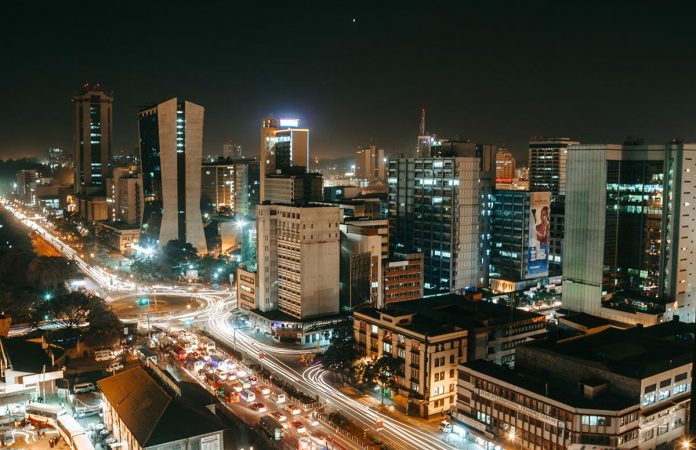A couple of years ago, a group of scholars from East and West Africa flew into Nairobi to attend a conference that I was part of.
During a break, the visitors would marvel at the city’s streetscape and landmark buildings, referring to it as the region’s ‘London’. But more than anything else, they held Kenyans in high esteem as innovative, sustainability conscious, entrepreneurial and competent.
A few years later, one of the scholars who earlier on couldn’t hide his awe for Kenya, visited again and was starkly surprised. “What changed?” he asked, after witnessing what seemed as a slide into chaos – matatu congestion and recklessness, garbage, potholes and other eyesores.
It is, therefore, quite encouraging that the Nairobi Metropolitan Services (NMS) has in recent months been working to restore Nairobi’s profile as the region’s ‘London’ just the way the visiting scholars once viewed it.
City roads upgrade is ongoing, pedestrian cabro-paved walkways are being built and dustbins erected at strategic points. Plans are also afoot to bring sanity to the city’s public transport system for smooth commute, including a bus rapid transit, alongside creation of decent markets for smalltime traders.
While all these interventions are welcome and stand to uplift the face of the city, another important thing urgently needs attention – brand Kenya.
As a country, we need to be strategic in the kind of brand we want to embody. To be clear, Kenya is quite known the world over as a powerhouse in long-distance races, and boasts a handful of heavy hitters making waves in global bodies and industries. The country is also recognised as the seventh geothermal power producer globally and among tops in horticultural and tea production. Tourism campaigns such as ‘magical Kenya’ have also attempted to elevate the country’s stature.
But beyond athletics and personalities, geothermal and horticulture, Kenya should strive to develop unparalleled expertise around a few strategic manufacturing sectors or products. This would not only hand the country competitive advantage and boost its export receipts especially as the continent moves towards the African Continental Free Trade Area, but will also put it on the global map.
Germany, for instance, is known for quality and revered German machines, including automobile brands and machinery, same as Japan. Equally USA’s economic brand shines on multiple fronts, so does China’s, from military equipment manufacturing to commercial aircraft and smartphones.
As Africa moves towards forming a single market, opportunities abound for countries that will position themselves as manufacturing powerhouses with competitive advantage in terms of seamless logistics supply chains, low production costs and high quality products. Kenya could position itself as such a hub, either through creation of special economic zones or any other forward-looking projects.
It is a great thing that the government has made manufacturing one of its Big Four development agenda, around which resources and talent are to be focused. This is a good starting point, but will require much more than goodwill to make it a success. Also needed are industrial and investor-friendly policies, partnerships, a motivated human capital and sound leadership.
Kenya could, for instance, choose to be Africa’s agro-processing giant for selected products. But for this to happen there needs to be a well thought-out blueprint alongside structures that identify specific areas and products and outlining the pathways to achieving it.
Read also: Eco- enclaves are the way to go for Kenya
Since most African countries are agrarian-based and export products in their raw form only to ship them back in as finished consumables, Kenya’s evolution as an agro-processing hub would make economic sense. It would lock in within Africa the hard currency that countries use for overseas purchases, create more jobs and contribute to the development of the continent.
Better still, since the country is among the global few whose power generation mix is over 90 percent, it could create hubs around green technologies such as electric and hybrid vehicles.
This would mean closer synergies between the world of academia in conducting research works, the government, the private sector and development and State partners that have gone ahead of Kenya in this space. How about an electric vehicle with the brand name, ‘E-Africa’ headquartered in Nairobi and jointly owned by several African States as is the case with European aircraft maker Airbus?
And with Covid-19 having shaken the health foundations of many countries, how about a joint medical research hub located in Nairobi to train practitioners and serve the region’s population?
What I’m trying to say is that there are many unexploited opportunities that Nairobi could shine in, beyond what we are used to and what we have long been known for. Time is ripe for the country to reinvent itself.
This article was originally published by the Business Daily



